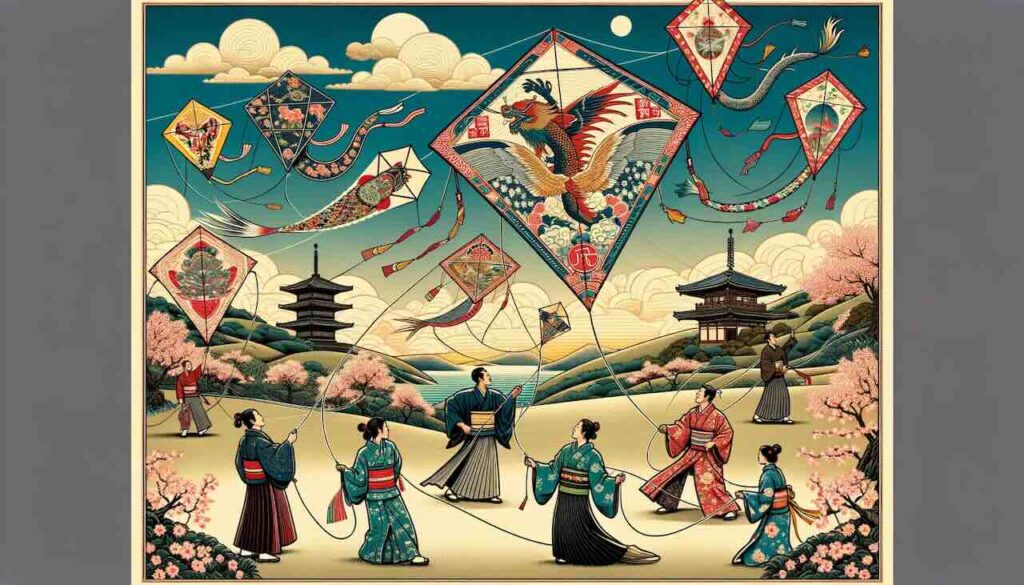Few landmarks in the world are as instantly recognizable as Mount Fuji (富士山) — Japan’s towering, symmetrical volcanic peak that has inspired poets, painters, and pilgrims for centuries. But while its beauty is universally admired, the true origin of its name remains something of a linguistic mystery.
Let’s explore the fascinating theories behind how Mount Fuji got its name, and what they reveal about Japan’s history, mythology, and cultural imagination.
- The Enigma of the Name “Fuji”
- 1. The “Peerless” or “Unrivaled” Theory
- 2. The “Immortality” or “Eternal Life” Theory
- 3. The Ainu Language Theory
- 4. The “Tale of the Bamboo Cutter” Theory
- The Earliest Written Records
- Mount Fuji in Edo Art: Hokusai and Hiroshige
- Mount Fuji as a World Heritage Site
- Summary: A Name Reflecting Japan’s Soul
The Enigma of the Name “Fuji”
Though Mount Fuji’s presence dominates both the landscape and Japanese culture, scholars have long debated the meaning behind its name. Several compelling theories have emerged, each offering a different perspective on its origin:
1. The “Peerless” or “Unrivaled” Theory
One widely accepted theory suggests that “Fuji” derives from the Japanese word 不二 (fuji), meaning:
- “Peerless” or “unparalleled”
- Literally “not two” — implying there is nothing equal to it.
This interpretation reflects the mountain’s unique status as the most majestic and singular peak in Japan, rising alone in its perfect symmetry, unmatched by any other mountain in the archipelago.
2. The “Immortality” or “Eternal Life” Theory
Another theory links the name Fuji to “不死 (fushi or fujhi),” meaning “immortality” or “eternal life.”
- This association emphasizes Mount Fuji’s timeless and unchanging presence throughout Japanese history.
- As a near-constant symbol across generations, Fuji appears to stand eternally against the sky, surviving both time and change.
3. The Ainu Language Theory
Some linguists suggest that Mount Fuji’s name may originate from the Ainu language, spoken by the indigenous people of northern Japan:
- In Ainu, the word “fuchi” refers to “fire” or a goddess of fire, which would fit with Fuji’s volcanic nature.
- Combined with “nupuri” (mountain), this may have led to a term roughly meaning “fire mountain.”
Given that Mount Fuji is an active volcano, this interpretation connects directly to its geological character.
While the Ainu lived primarily in Hokkaido, some scholars believe there may have been linguistic influence on place names further south during ancient periods.
4. The “Tale of the Bamboo Cutter” Theory
A more poetic explanation comes from Japan’s oldest surviving folktale: The Tale of the Bamboo Cutter (Taketori Monogatari), written during the Heian period.
- In the story, Princess Kaguya returns to the Moon, leaving behind an “elixir of immortality.”
- The emperor, grief-stricken, orders his men to burn the elixir at the highest mountain — which, according to legend, became Mount Fuji.
- The kanji for immortality (不死, fushi) may have contributed to the mountain’s name.
- The sight of smoke rising from Fuji’s volcanic vents was interpreted as the burning of this eternal elixir.
This folktale offers a mythical and emotional layer to the mountain’s name, blending natural phenomena with cultural storytelling.
The Earliest Written Records
Mount Fuji’s name first appears in written Japanese records in the Nihon Shoki (日本書紀), compiled in 720 CE:
- Referred to as “Fuji-no-Yama”, confirming the name’s ancient origins.
- Over time, its name appeared in many famous Japanese literary works, including:
- The Tale of Genji
- The Pillow Book
By the Edo period, Mount Fuji had become not only a geographical landmark but also a cultural icon immortalized in countless poems, artworks, and pilgrimage traditions.
Mount Fuji in Edo Art: Hokusai and Hiroshige
During the Edo period (1603–1868), Mount Fuji gained worldwide recognition through the ukiyo-e woodblock prints of masters like:
- Katsushika Hokusai’s “Thirty-Six Views of Mount Fuji” (富嶽三十六景)
- Utagawa Hiroshige’s “Thirty-Six Views of Mount Fuji”
These images helped define Mount Fuji as both a symbol of national identity and a spiritual beacon, elevating its status far beyond Japan’s borders.
Mount Fuji as a World Heritage Site
In 2013, Mount Fuji was designated a UNESCO World Heritage Site as a “sacred place and source of artistic inspiration.” The recognition reflects:
- Its profound spiritual significance for pilgrims and worshippers.
- Its central role in Japanese art, literature, and identity.
- Its global status as one of the world’s most admired natural wonders.
Summary: A Name Reflecting Japan’s Soul
The true origin of Mount Fuji’s name may never be fully settled, but the multiple theories reflect the mountain’s layered identity:
- Peerless natural wonder.
- Timeless symbol of immortality.
- Volcanic fire mountain.
- Mythical stage for Japan’s oldest stories.
More than just a name, “Fuji” embodies Japan’s profound reverence for nature, its ancient myths, and its cultural heritage. Every interpretation deepens our appreciation for this iconic mountain, whose majestic silhouette continues to captivate hearts worldwide.


